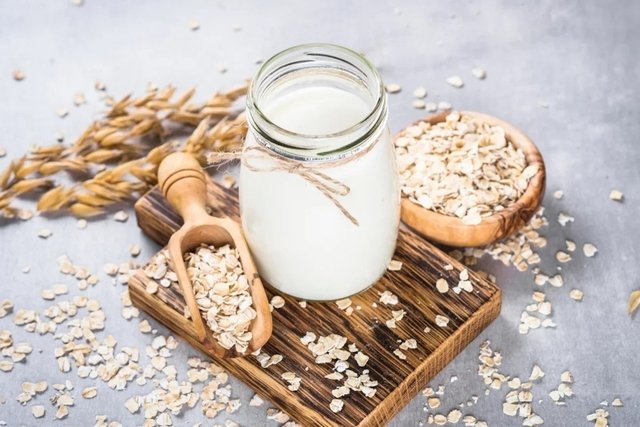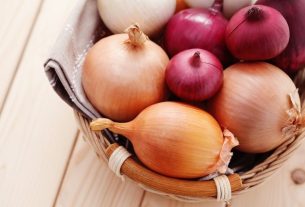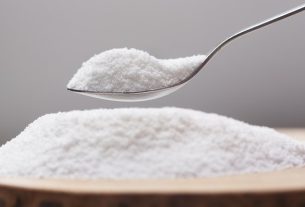Oat milk is a plant-based drink free of lactose, soy and nuts, making it an excellent option for vegetarians and people who suffer from lactose intolerance or who are allergic to soy or certain nuts.
This drink can be consumed for breakfast with cereal, in coffee or to prepare pancakes or smoothies, and can also be used to prepare cakes or sweets, for example.
Oat milk can be purchased in supermarkets, health food stores or made at home easily and economically.

Main benefits
The main benefits of oat milk are:
- Relieves constipation and facilitates digestionas oats are rich in insoluble fibers that help stimulate natural bowel movements, facilitating the exit of feces;
- Helps control diabetesas oats are a source of beta-glucans, a type of fiber that helps regulate blood sugar and slows the absorption of carbohydrates in the intestine;
- Promotes weight lossas this drink is low in calories and contains fiber that helps increase the feeling of satiety, reducing food consumption, making it an excellent option to be included in weight loss diets;
- Helps lower LDL cholesterolas it contains beta-glucans which helps reduce blood cholesterol levels and, consequently, the risk of serious heart diseases, such as heart attack or stroke;
- Can be used by people with celiac disease or gluten sensitivityHowever, just because oats are gluten-free, they can be processed in industries that contain grains with gluten, which could result in contamination. In these cases, it is important to check the product label, which should indicate that it is “gluten-free” or “gluten free“;
- Can be consumed by vegetarian or vegan peopleas it is not a product of animal origin;
- Helps to relax the body as it contains phytomelatonin, a compound that promotes a good night’s sleep, being a food mainly recommended for those with insomnia.
When oat milk is purchased in a supermarket, it may be fortified with B vitamins, which help regulate energy production in the body, strengthen the immune system and maintain the health of the nervous system, skin, hair and intestine. .
How to make oat milk at home
Oat milk can be made at home in a simple way.
Ingredients
- 2 cups of rolled oats;
- 3 cups of water.
Preparation mode
Place the oats in the water and let them soak for 1 hour. After this hour, put everything in the blender and blend well. Then strain and consume immediately or place in the refrigerator for up to 3 days. To make the drink more pleasant, a few drops of vanilla can be added.
Nutritional information
The following table indicates the nutritional composition of 100 g of oat milk:
It is important for people to know that, to obtain all the benefits indicated above, oat milk must be part of a balanced and healthy diet, and regular physical activity is also important.
In addition to swapping cow’s milk for oat milk, it is possible to adopt other dietary changes to avoid diabetes and high blood pressure. See other exchanges you can make in this video with nutritionist Tatiana Zanin:
Bibliography
- UNIVERSITY OF FLORIDA. Plant-Based Milks: Oat. Available at: <https://edis.ifas.ufl.edu/pdf/FS/FS41900.pdf>. Accessed on Nov 18, 2022
- U.S DEPARTMENT OF AGRICULTURE. Oat milk, unsweetened, plain, refrigerated. Disponível em: <https://fdc.nal.usda.gov/fdc-app.html#/food-details/2257046/nutrients>. Acesso em 18 nov 2022
- RASANE Prasad; JHA Alok et al. Nutritional advantages of oats and opportunities for its processing as value added foods – a review. Journal of Food Science and Technology. 52. 2; 662–675, 2015
- SIMA Petr; VANNUCCI Luca et al. β-glucans and cholesterol (Review). International Journal of Molecular Medicine. 41. 4; 1799-1808, 2018
- MENG Xiao; LI Ya et al. Dietary Sources and Bioactivities of Melatonin. Nutrients. 9. 4; 1-64, 2017

Sign up for our newsletter and stay up to date with exclusive news
that can transform your routine!
Warning: Undefined array key "title" in /home/storelat/public_html/wp-content/plugins/link-whisper-premium/templates/frontend/related-posts.php on line 12
Warning: Undefined array key "title_tag" in /home/storelat/public_html/wp-content/plugins/link-whisper-premium/templates/frontend/related-posts.php on line 13




